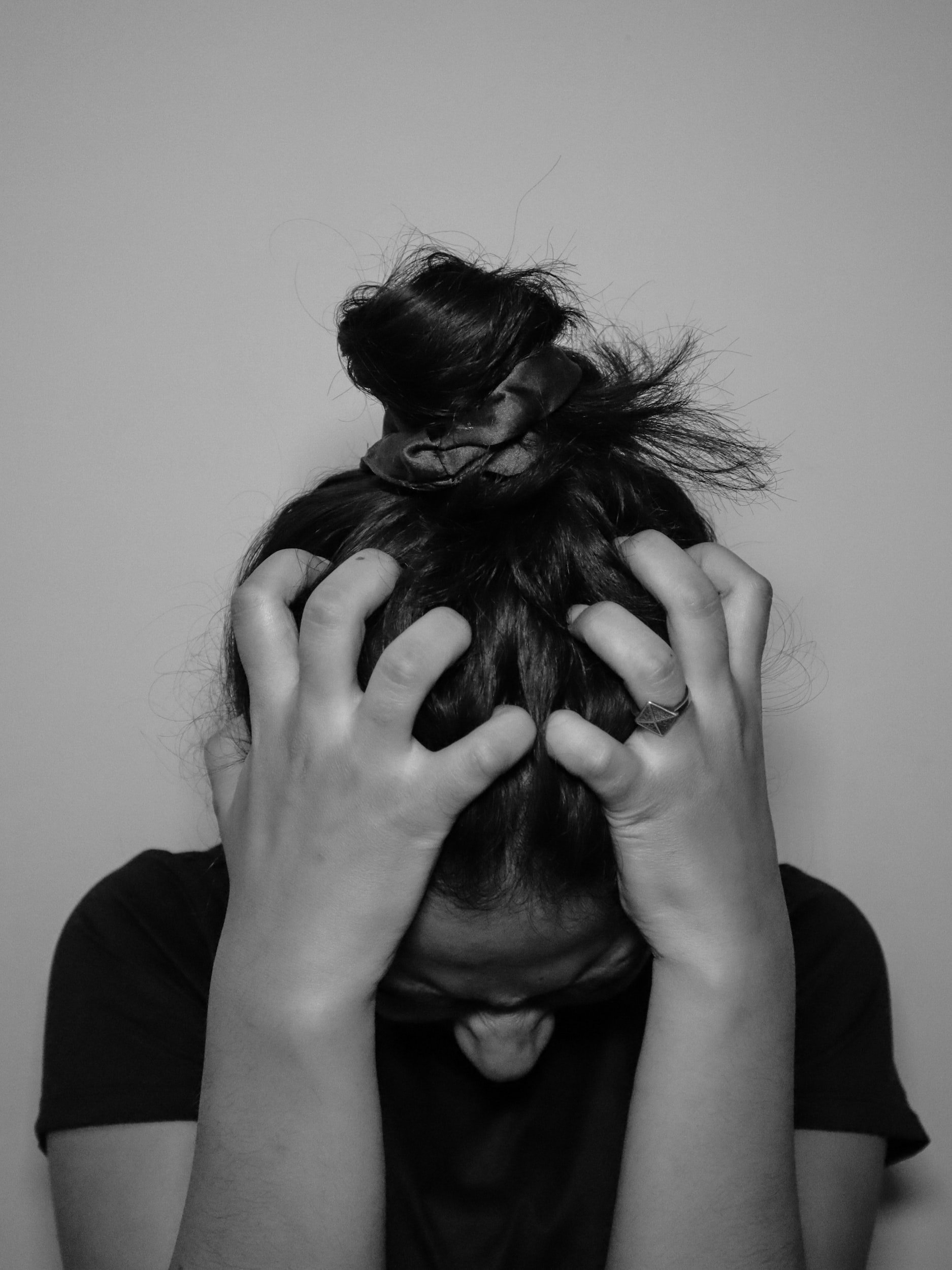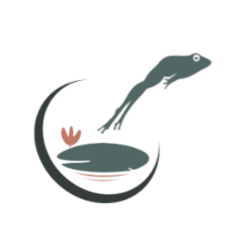Behavioral Disorders
Although common, behavioral disorders is an outdated term to describe a wide array of symptoms and related disorders. In 2013, the Diagnostic and Statistical Manual of Mental Disorders, 5th Edition (DSM-5) re-classified this under disruptive, impulse-control, and conduct disorders.
The Disruptive, Impulse-control, and Conduct disorders is an umbrella term that includes the following disorders:
Oppositional Defiant Disorder (ODD)
Conduct Disorder
Intermittent Explosive Disorder
-

Oppositional Defiant Disorder
Oppositional defiant disorder (ODD) is a type of behavior disorder. It is mostly diagnosed in childhood. Children with ODD are uncooperative, defiant, and hostile toward peers, parents, teachers, and other authority figures. They are more troubling to others than they are to themselves.
Symptoms of ODD may include but are not limited to:
Having frequent temper tantrums
Arguing a lot with adults
Refusing to do what an adult asks
Always questioning rules and refusing to follow rules
Doing things to annoy or upset others, including adults
-

Conduct Disorder
Conduct disorder when a child has antisocial behavior. He or she may disregard basic social standards and rules. He or she may also:
Be irresponsible
Skip school or run away (delinquent behavior)
Steal or do other things to violate the rights of others
Physically harm animals or other people, such as committing assault or rape
These behaviors sometimes happen together. But one or more may occur without the others.
-

Intermittent Explosive Disorder
Intermittent explosive disorder (IED) is an impulse-control disorder characterized by sudden episodes of unwarranted anger. Typical presentation includes hostility, impulsivity, and recurrent aggressive outbursts. People with IED essentially “explode” into a rage despite a lack of apparent provocation or reason. Individuals suffering from intermittent explosive disorder have described feeling as though they lose control of their emotions and become overcome with anger. People with IED may threaten to or actually attack objects, animals, and/or other people.
Our Approach to Behavioral Disorders
Although therapy should be tailored to each individual. Below are common, evidenced based approaches, to treating these types of disorders.
Cognitive-behavioral therapy. A child learns how to better solve problems, communicate, and handle stress. Children also learn how to control impulses and anger.
Family therapy. This therapy helps make changes in the family. These changes can include behavioral interventions, communication, and relationship building.
Play therapy. Through play, children can work through their emotions, understand their behavior, and master new coping skills.
Medicine. It is not as common to prescribe medication for behavioral disorders. However, in certain circumstances it may be beneficial. It is recommended to communicate your questions with your physician and/or psychiatrist. At Lehigh valley counseling, we assess each client holistically. We do not believe that medicine is always necessary. However, we are also dedicated to supporting you and your child in exploring all avenues of treatment and will make referrals as necessary.


